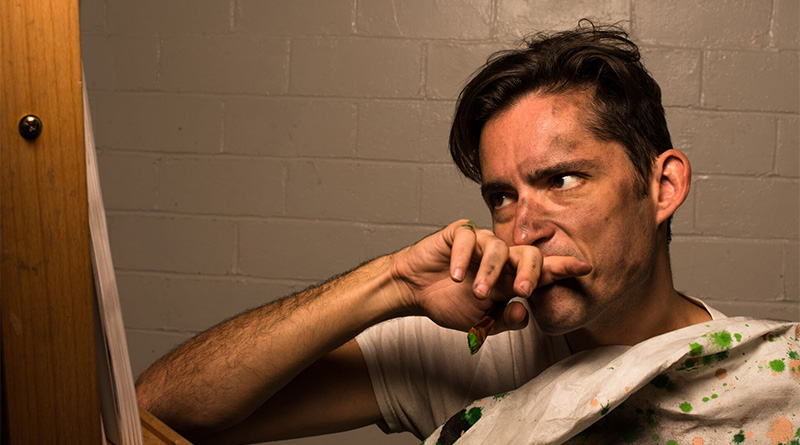Theater
Neverland No More: Sender at the Rec Room
As a critic, I try to stay open to every theatrical form, genre and story to lay aside my personal preferences and tastes so that they don’t prejudice my views of any specific play and production.
Jane Austen, Trailer Park Boys & a Rhinoceros: Holiday Stages in Texas
As a curmudgeonly connoisseur of holiday performing arts, I’m always on the lookout for the innovative, quirky or simply new shows to devour like Christmas candy each most-wonderful-time-of-the-year
Growing a Teatro Scene: Latina/o Theater in San Antonio
From Oct. 29-Nov. 19, 2017, San Antonio’s Nicolás Valdez will travel to California to be in residence at the Los Angeles Theatre Center where his show, Conjunto Blues, will play in repertory alongside 12 other productions as part of the Encuentro de las Américas International Theatre Festival.
Leap of Faith: Amphibian’s New Play Festival
Kathleen Culebro is surprised by how many new plays submitted to her theater company are either post-apocalyptic or family dramas.
Age of Aquarius Dawns on Dallas: Hair at DTC
Kevin Moriarty was turned on to Hair by the nuns at his Catholic elementary school.
Monsters & Mayhem at the McNay
San Antonio’s McNay Art Museum has been transformed into a haunted house for the Halloween season, as if a witch had cast her spell on the venerable San Antonio institution.
Soaring Music and Real Characters: Fun Home at AT&T
The foundation of Fun Home is not merriment as the title might suggest.
Dinner of Doom: 4th Wall opens its final season with Ayad Akhtar’s Disgraced
Great drama is seldom blatantly didactic, but on occasion theater does gift us with certain life-tips to aid us along our journey.
Glam Makeover: The Hidden Room’s Henry IV in Austin
Shakespeare, politics, glam rock: these are not terms we often put together, if ever, yet this month, Austin’s Hidden Room theater company plans to merge the three into a rocking trio for a production of the Bard’s glorious history play Henry IV, through Oct. 1 at York Rite Masonic Hall.
Theater After Harvey: Houston’s Small Companies Must Continue
As the Texas Gulf Coast begins the rebuilding process after the catastrophic damage of Hurricane Harvey, so too has the local theater community.
A New Era: Jeffrey Schmidt at Theatre Three
When Jeffrey Schmidt began planning his first season as artistic director of Theatre Three, he considered opening with Andorra, Max Frisch’s highly charged political play about collective bigotry.












